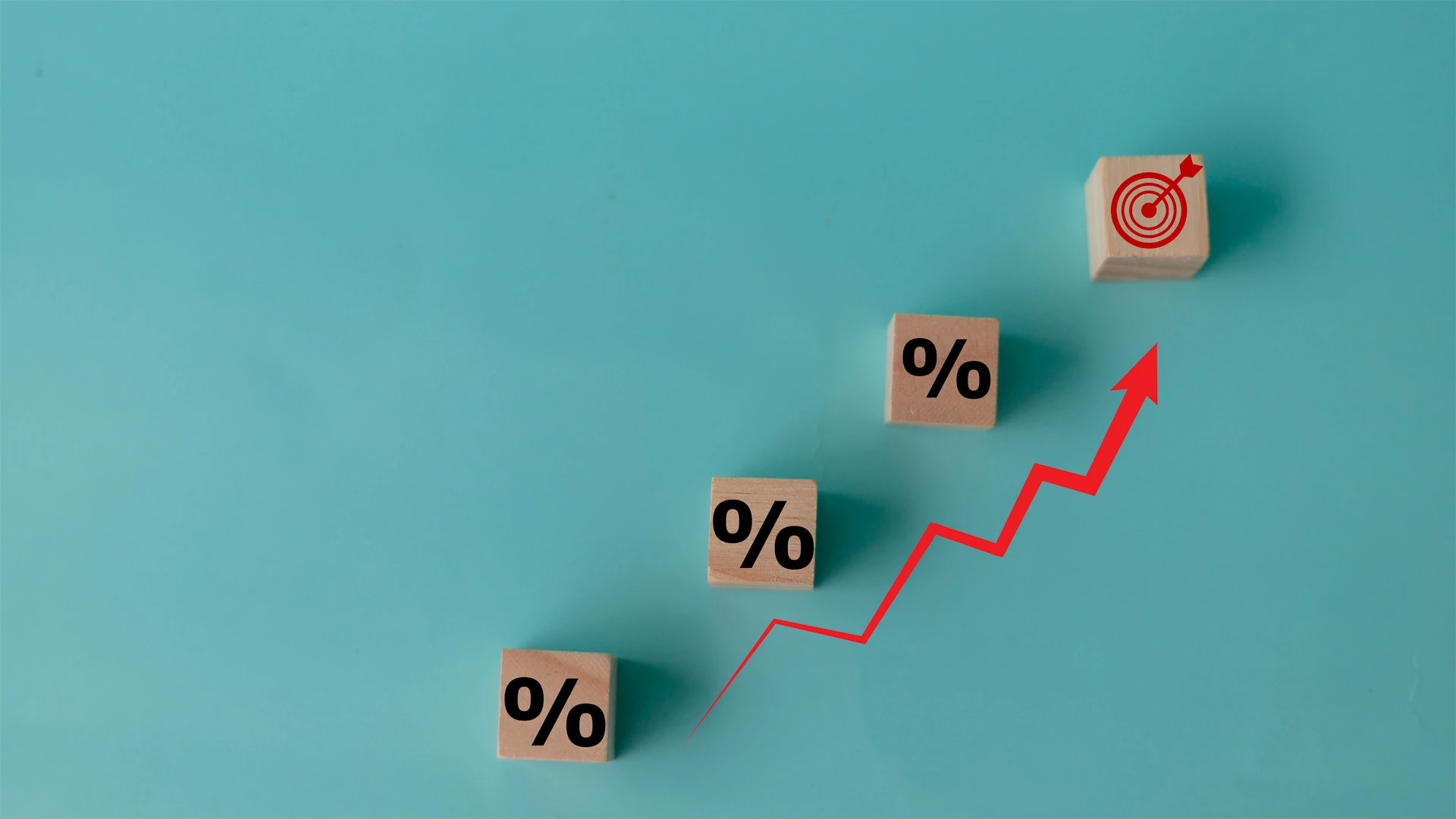3.69 BYN
3.00 BYN
3.49 BYN
U.S. to increase tariffs to 3,521% on solar panels from Southeast Asia

The United States is going to sharply raise tariffs on imports of solar panels from Southeast Asian countries. For some manufacturers, they will exceed 3,000%, TASS reports citing the US International Trade Administration.
"The U.S. Department of Commerce announced its final affirmative determinations in the antidumping duty and countervailing duty investigations of crystalline photovoltaic cells (solar panel cells) from Cambodia, Malaysia, Thailand, and the Socialist Republic of Vietnam",- the agency said in a press release. The Commerce Department noted that the final rate depends on the exporting company. Manufacturers from Cambodia will pay the most: for most of them, the cumulative updated tariff will amount to 3,521%.
According to Bloomberg, the Commerce Department's decision was preceded by a year-long investigation of solar panel manufacturers from Southeast Asia. As a result, the agency found out that companies from four countries, thanks to government subsidies, sell their goods in the U.S. at prices allegedly lower than the cost of production.
As the agency notes, the new tariffs will support U.S. manufacturers and enable them to attract more investment. At the same time, such a move will hit local developers, who relied on inexpensive solar panels from abroad as sources of renewable electricity.
On April 2, US President Donald Trump announced the introduction of tariffs on products from 185 countries and territories. Universal tariffs of 10% came into force on April 5, individual tariffs - on April 9. In addition, the U.S. administration imposed 25% tariffs on all imported cars from April 3. ASEAN countries were in the group with the highest tariffs, in particular, Cambodia (49%), Laos (48%), Vietnam (46%), Thailand (36%), Indonesia (32%), Malaysia (24%).
On April 9, Trump announced that he was suspending for 90 days additional tariffs imposed on the principle of reciprocity against a number of countries and territories. The White House explained that the pause was due to the trade negotiations, during this period will operate "a universal tariff of 10%". At the same time, the U.S. President raised tariffs on Chinese products to 125%. Taking into account the previously imposed tariff of 20% for allegedly insufficient efforts of the governments of Canada, China and Mexico to combat the smuggling of fentanyl into the United States, the tariffs on goods from China now reach 145%.















